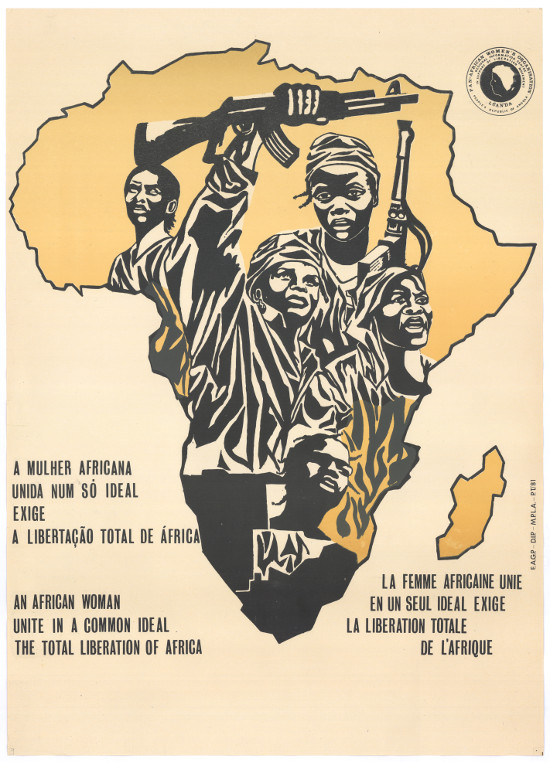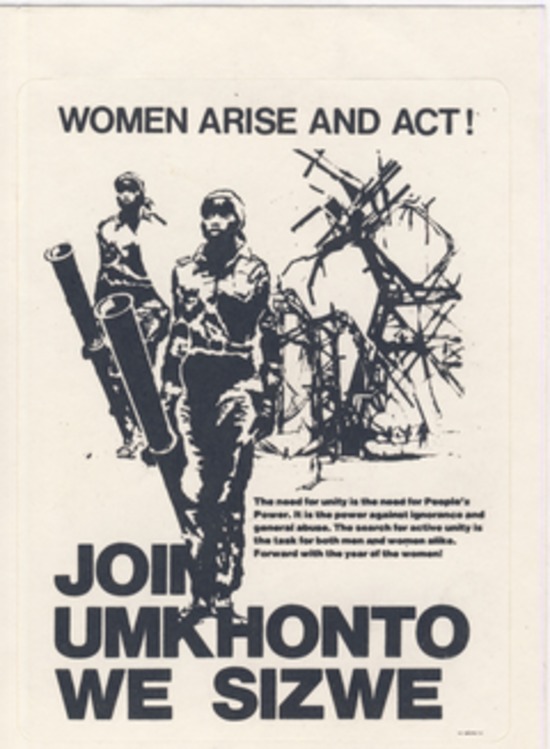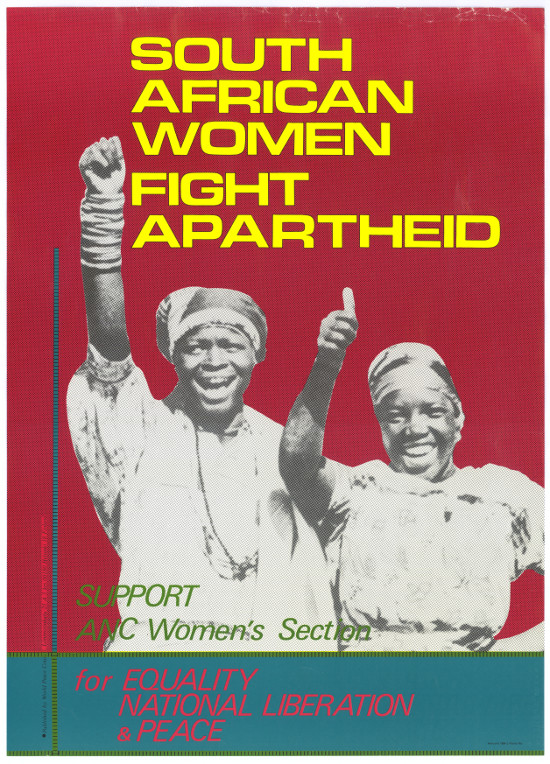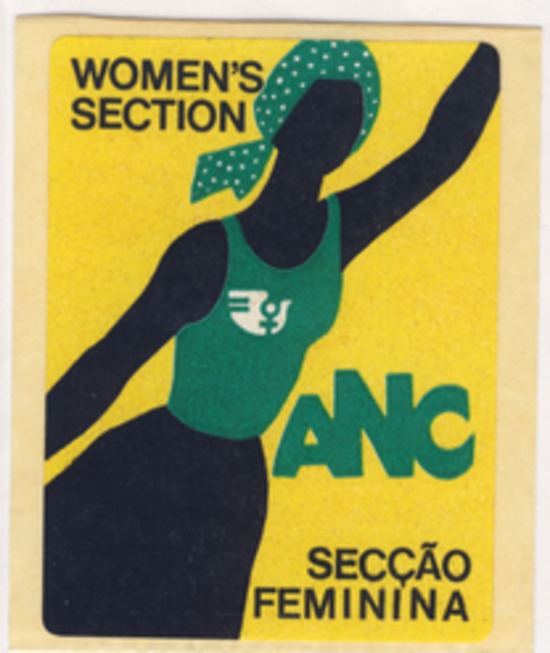 The 1960s brought great changes to Africa. Harold Macmillan, the British Prime Minister in 1960, spoke of the "winds of change" sweeping through Africa. What he meant by this was that many African countries were challenging their colonial masters and overthrowing colonial rule.
The 1960s brought great changes to Africa. Harold Macmillan, the British Prime Minister in 1960, spoke of the "winds of change" sweeping through Africa. What he meant by this was that many African countries were challenging their colonial masters and overthrowing colonial rule.
A strong spirit of nationalism swept through Africa as more and more African countries gained their independence.
Ironically, at the same time, the white government in South Africa tightened their control over the black population.
In 1961 the leadership of MK was arrested and charged with treason. In 1963, the eight trialists (Nelson Mandela, Walter Sisulu, Govan Mbeki, Raymond Mhlaba, Dennis Goldberg, Ahmed Kathrada, Elias Motsoaledi and Andrew Mlangeni) were found guilty and sentenced to life imprisonment.
Black, male leadership in South Africa was silenced.
''In our beleaguered country,
the place of a woman is in the battlefront of the struggle.''
- Statement by O.R. Tambo, 1984
Unlike many armies, Umkhonto we Sizwe (military wing of the ANC) welcomed and encouraged women to join the armed struggle.
Women joined the ranks of Umkhonto we Sizwe in ever-growing numbers. Fighting side by side with their menfolk, they played an invaluable role in the armed revolutionary struggle.
Women realised that their contribution was crucial in the struggle in order to get rid of the tyrannical apartheid rule in South Africa. It was also about demonstrating their strength and willingness to sacrifice their lives for the greater good of all marginalised South Africans.
"Women of South Africa, we pledge ourselves to intensify the struggle until apartheid has been eradicated, until the last bastion of colonialism and imperialism on the African continent has been overthrown and until South Africa is a free, democratic, non-racist and non-sexist country that truly belongs to all who live in it"
- Florence Maleka
Exhibitions in the classroom
Visualisng the past
The ANC went underground and established the ANC-in-exile. They began recruiting people to join Umkhonto we Sizwe. Unlike many armies, MK welcomed and encouraged women to join the armed struggle.
The posters below reflect this attitude. Answer the question that follows



1. If you were a young black women in the 1960s, which poster would be the most persuasive to make you join in the armed struggle? Refer to elements in the poster that make it effective.
2. Why do you think some armies do not use women as combat soldiers?
3. Do you think that women should be used as soldiers fighting in war situations?
Working together
Choose an aspect of women’s oppression in Africa today. Create a poster calling for an end to this oppression. The design of the poster should be eye-catching. It should have a bold headline and a strong image that will persuade people to take up this issue and fight for change.





